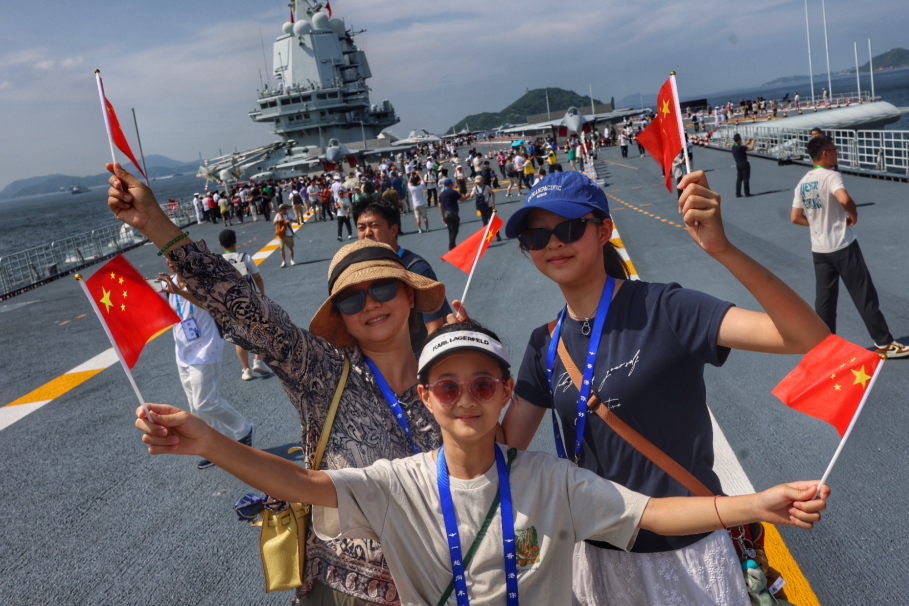Landlocked Xinjiang cashes in on aquatic products

The aquatic products industry in Northwest China's landlocked Xinjiang Uygur autonomous region is continuing to boom this year on the back of increased demand.
Last week, 10 metric tons of crab larvae were put in Nanping Reservoir in Moyu county on the edge of the Taklimakan Desert — the world's second-largest shifting desert. The reservoir is built to hold snowmelt water from the Kunlun Mountains. It's ideal to grow freshwater crabs, said Abudulrezak Memeturson, manager of Hotan Kehui Ecoagriculture Development Company that breeds the crabs.
"The water temperature has now become suitable for young crabs to grow," Abudulrezak said. "More than 98 percent can survive here, so we expect to harvest about 40 tons of crab in the autumn.
"And, more importantly, crabs raised in snowmelt water with traces of saline and alkali taste particularly good."
Moyu, in southern Xinjiang's Hotan prefecture, now has 123 freshwater aquaculture ponds that can produce up to 3,800 tons of aquatic products a year, according to the county government.
Seafood from Xinjiang gained public favor last autumn after Japan's dumping of water contaminated with radioactivity sparked intense concerns about seafood safety and the state of the marine environment.
Xinjiang boasts long hours of sunlight, vast deserts and rugged mountains, with an extremely dry climate. That would appear to make it an unsuitable location for seafood production due to the massive amount of water required. However, the region is also home to multiple rivers, lakes, reservoirs and ponds, where the aquatic products industry can thrive.
To simulate an ocean environment and breed seafood in Xinjiang, farmers and technicians have adjusted the local saline-alkali water to be similar to natural seawater.
By September, people will be able to enjoy seafood such as grouper and oysters grown at a seafood farm that transforms salt lake water into artificial seawater in the southern Xinjiang city of Artux, said Cai Huanhua, who is in charge of the operations of the farm.
The farm is about 2 kilometers from a salt lake. Microelements and probiotics are added to the water from the salt lake to turn it into artificial seawater suitable for breeding aquatic products, Cai said.
"We can offer people the taste of the sea from places so far from the real sea," Cai said.
The farm is expected to produce 130 tons of seafood this year and generate more than 17 million yuan ($2.35 million) in revenue, Cai added.
"We want to encourage more local people to get involved in seafood farming so they can make more money at their doorsteps."
- Prado in virtual reality
- Shantou education department suspends classes due to Typhoon Danas
- China's scientists make breakthrough on how H5N1 influenza occurred in the US
- Civil Aviation Administration of China announces a new extension of M503 flight route
- China's ecological civilization praised by Solomon Islands parliament
- China's ecological civilization garners global influence





































